« Return to FMDAA entries

Florida Agricultural and Mechanical University, Tallahassee, Fla. / Entry #1
Overview
Florida Agricultural and Mechanical University (FAMU), founded in 1887, is a public, historically black university (HBCU). In March 2019, FAMU successfully signed off on $125 million loan from the U.S. Department of Education (DOE) to revitalize the housing facilities on campus.
In 2017, FAMU board of trustees approved the University Strategic Plan of FAMU Rising. This plan outlines six strategic priorities, where “Exceptional Student Experience” is noted as the first priority. Through this priority, FAMU will strategically enhance campus residence and improve the overall student experience, via creation of additional living-learning communities.
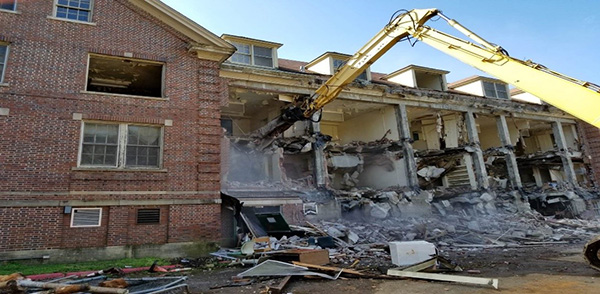
FAMU is one of the three oldest universities in Florida and currently has nine residence halls that were built more than 50 years ago. The recently completed housing demand study concluded that with the exception of the most recently (2014) constructed 800 beds facility and another 238 beds that were renovated within the last 15 years, majority of the residence halls on campus were not deemed marketable, meaning they are not comparable in size, quality, location and having amenities needed to compete with other housing in primary and secondary market areas. There are four residence hall facilities that were decommissioned in 2014, due to code concerns, safety violations, and significant deferred maintenance. Excluding these four decommissioned housing facilities, FAMU’s recent housing facilities conditions audits revealed deferred maintenance needs of approximately $50 million just in the housing facilities.
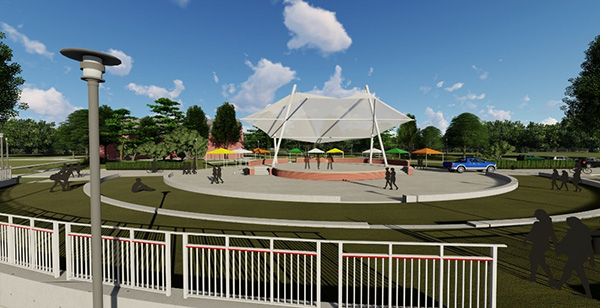
One of the university’s long-term strategic initiatives is to develop communities that promote a 21st Century living and learning environment. Creating such communities requires modern facilities that provide not only the academic programs needed to spur retention and graduation but also amenities that millennials and their parents demand as part of their educational experience. To support this initiative, FAMU envisioned a phased transformational development that will be anchored by new housing and will serve as a catalyst project for not only the campus, but also for the greater Tallahassee and South City community. This development will resolve critical housing issues, aesthetic concerns, and lack of dining availability, and it will simultaneously create a viable marketplace that could promote the long-term sustainability of the university.
In any public university, housing and dining services are considered an auxiliary. As such, these service areas are not eligible for any state funding and have to be completely self-sustaining and financially independent. In order to accomplish the strategic housing and dining developmental goals, FAMU considered myriad alternative financing mechanisms, including bonds and public-private partnerships. One such mechanism was to pursue the HBCU Capital Financing program backed by the DOE. This program was designed for universities like FAMU and provided several advantages, including low-cost, federally-guaranteed capital to finance improvements, maintained single housing system, and it required no bond rating.
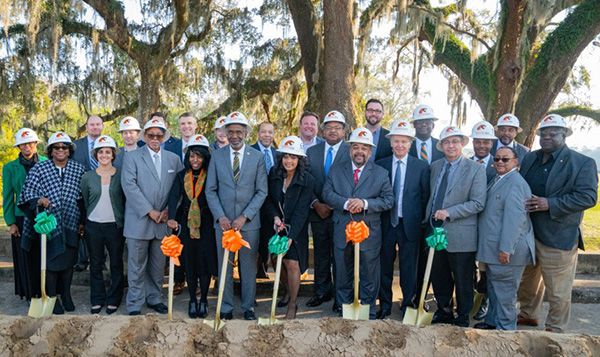
Participation in this federal program exposed an inherent conflict between federal program guidelines and state of Florida guidelines. FAMU had to seek assistance from state legislative representatives to create a bill (SB1712) and eventually get this passed through both chambers and signed by the governor in order to move forward with the participation in this program.
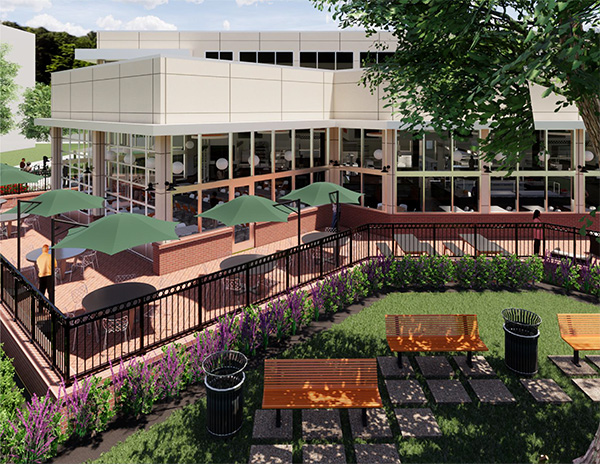
Instead of just focusing on the new construction, FAMU attempted to develop a comprehensive solution. Through the Capital Financing program, FAMU was able to borrow funding necessary for new housing and a standalone dining facility, which was so desperately needed in that section of the campus. FAMU was also able to restructure all existing debt and develop a 10-year capital investment strategy to address the outstanding deferred maintenance needs in the existing housing facilities. The comprehensive solution balanced the selective demolition, decommission (which eliminated almost half of the deferred maintenance needs), renovation, historic preservation, and repair of existing spaces with the addition of new facilities necessary to accommodate the growing and innovating needs of the university.
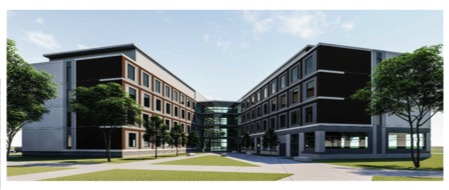
After defining the problem, developing a solution, identifying the right financing mechanism, diligently working through the challenges encountered, today FAMU has successfully signed the historic HBCU capital financing documents. The demolition of the four decommissioned facilities is almost complete, making the way for outdoor event space for students. Three additional facilities will be taken offline as soon as the new facilities are open in fall 2020. Plans are in development stages for renovating existing facilities to address deferred maintenance. The construction team has broken ground.
In-House Participants
Dr. Wanda Ford, VP Finance and Administration, CFO; Sameer Kapileshwari, AVP Facilities Planning Construction and Safety; Craig Talton, Director of Facilities Planning and Construction; Tiffany Holmes, University Comptroller/AVP; Archie Bouie, AVP Finance and Administration
↑ Back to top













